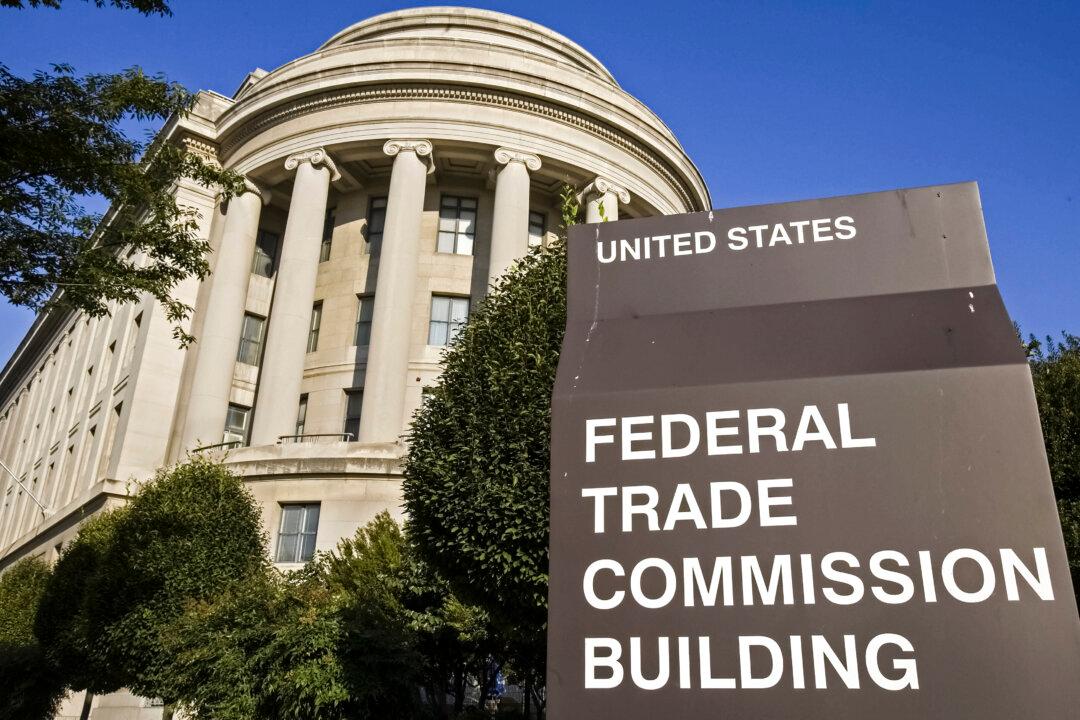The Federal Trade Commission (FTC) has announced a significant expansion of a rule cracking down on abusive telemarketing practices in a bid to protect older Americans, who are the most common victims of technical support scams.
The FTC announced on Nov. 27 that it approved in a 4–1 vote final modifications to its Telemarketing Sales Rule (TSR), expanding the rule’s coverage to include inbound calls made to technical support services.





